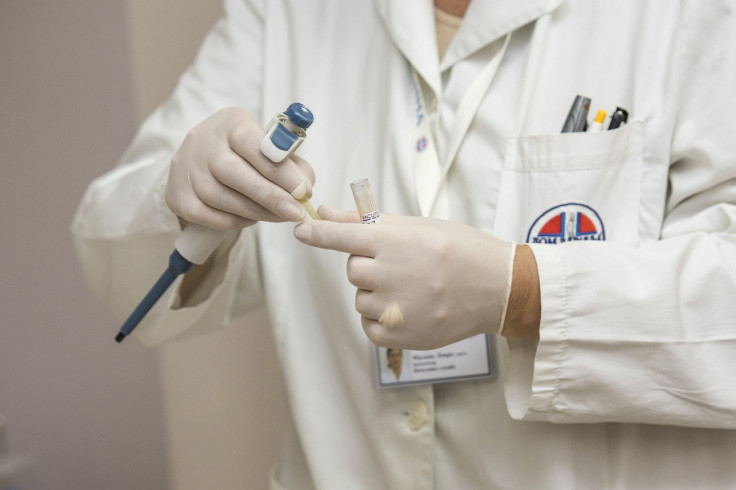
The rate of hospitalizations for RSV (Respiratory syncytial virus) infection in children is far higher than from the omicron strain of SARS-CoV-2 or influenza, a recent study has revealed.
RSV is a common respiratory illness, particularly in children, that affects the lungs and respiratory tract. A mild infection causes symptoms of a cold, while a severe infection can lead to pneumonia, bronchiolitis, or difficulty breathing.
Researchers from the Karolinska Institutet in Stockholm conducted a retrospective study involving 2,596 children hospitalized with omicron, influenza A/B, or RSV. They then found that the hospitalization rate in children was highest for RSV (81.7%), while it was only 31.5% for omicron and 27.7% for influenza.
The study showed that in infants aged up to one year, the odds for hospitalization for RSV were 11 times greater than those diagnosed with omicron. RSV also had higher odds of hospitalization in comparison with omicron in children between the ages of 2 and 4 (3.96) and from the ages 5 to 17 (5.22). The results were published in Jama Pediatrics.
"That RSV can be dangerous for both infants and young children is well-known, but the major differences in hospitalization rates observed for RSV compared with both SARS-CoV-2 Omicron and influenza A/B across all age groups were surprising," Dr. Pontus Hedberg, lead author of the study, said.
The rates of Intensive care unit (ICU) admission and mortality within 30 days were low for all three infections. The ICU admission rate was highest (2.9%) for RSV, in comparison to 0.9% for influenza, and 0.7% for omicron. Among the patients examined, two individuals died from omicron, while one fatality was from RSV.
However, the study has certain limitations. Given its retrospective nature, there is a potential for underreporting of respiratory support provided. It is also possible that patients with mild disease might have been missed, as they may not have undergone testing.
According to CDC estimates, every year RSV causes approximately 58,000–80,000 hospitalizations and 100–300 deaths in children below the age of 5.
RSV infection in children can be prevented either by giving antibodies to young children or through vaccination given to their mothers during pregnancy.
In July, the United States Food and Drug Administration (FDA) approved the use of a monoclonal antibody against RSV known as Beyfortus (Nirsevimab). The immunization is designed for all infants younger than 8 months of age who are born during or who are entering the RSV season.







